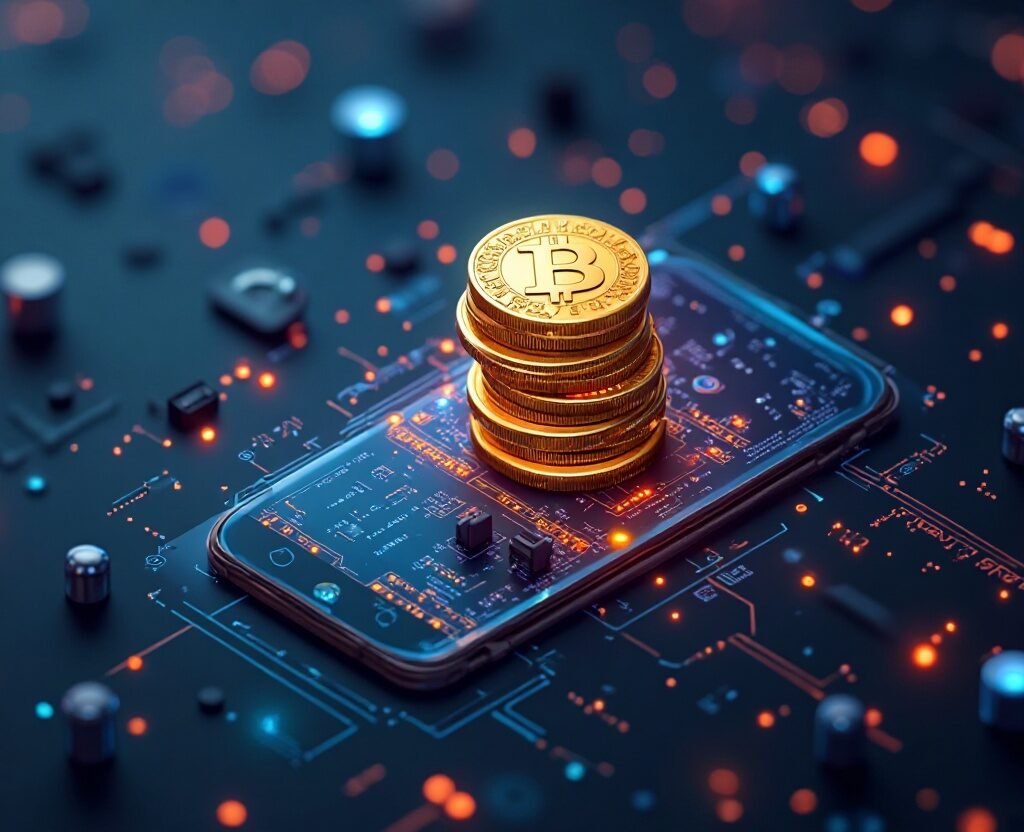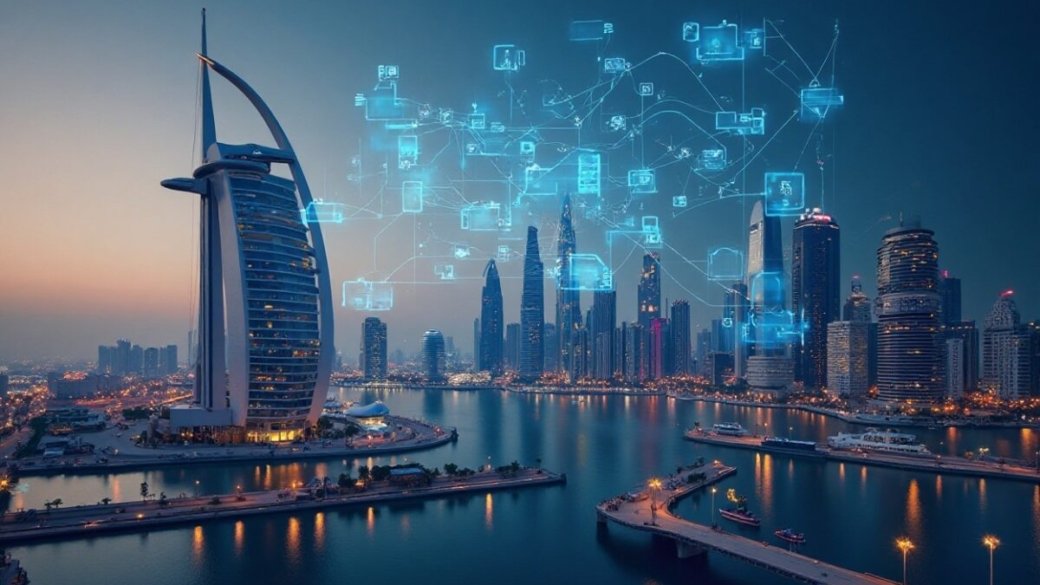Dubai Makes History with Middle East’s First Licensed Property Tokenization Project, Marking a Global Shift Toward Real-World Asset (RWA) Tokenization
Dubai has made history by launching the Middle East’s first licensed property tokenization project, signaling a global shift toward real-world asset (RWA) tokenization. This breakthrough, announced by the Dubai Land Department on May 25, 2025, demonstrates how blockchain can revolutionize traditional industries.

Why Are Businesses Racing Toward Asset Tokenization?
Tokenization converts physical assets—from buildings to rare artworks—into tradable digital tokens. This unlocks liquidity, lowers entry barriers for investors, and reduces transaction costs. Dubai’s move proves this model works on a large scale, with analysts predicting the RWA tokenization market could reach $10 trillion by 2030.
Indonesia’s Untapped Potential
Indonesia holds significant tokenization potential across key sectors:
- Real Estate: High-value commercial assets in Jakarta/Bali could attract global micro-investors.
- Agriculture: Palm oil or coffee plantations could offer yield-bearing tokens.
- Infrastructure: Toll roads and ports could provide stable long-term returns.
However, challenges remain. Regulatory uncertainty and public skepticism currently hinder adoption. Yet, with Bank Indonesia already testing a digital rupiah prototype, the foundation for RWA tokenization is quietly being laid.
Tangible Impact for SMEs and Businesses
Asset tokenization could be a game-changer for small and medium enterprises (SMEs) in Indonesia. With this technology, business owners can fractionalize ownership of their property or productive assets into digital tokens, enabling alternative funding without relying solely on bank loans.
For example, a logistics warehouse in Jakarta worth Rp10 billion could be divided into 10,000 tokens, each valued at Rp1 million. Retail investors—both local and global—could own a small stake in the asset and earn returns from rental income or appreciation. This approach not only broadens access to capital but also reduces risk through diversified ownership.
Such innovations reinforce the principles of inclusive economics, where high-value assets previously accessible only to major investors can now be owned by a wider audience. Thus, tokenization isn’t just about modernizing the financial system—it’s also about democratizing economic opportunities.

